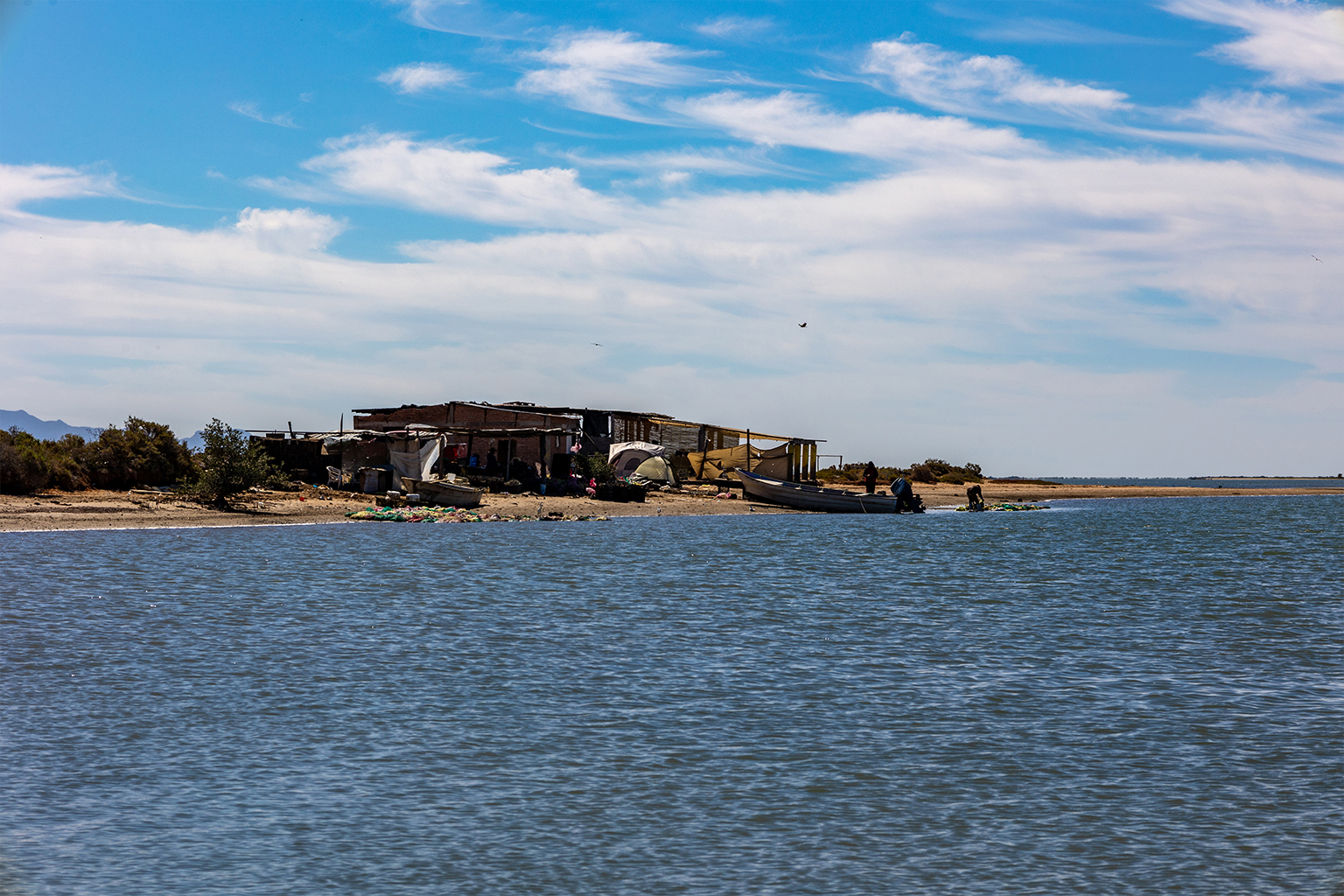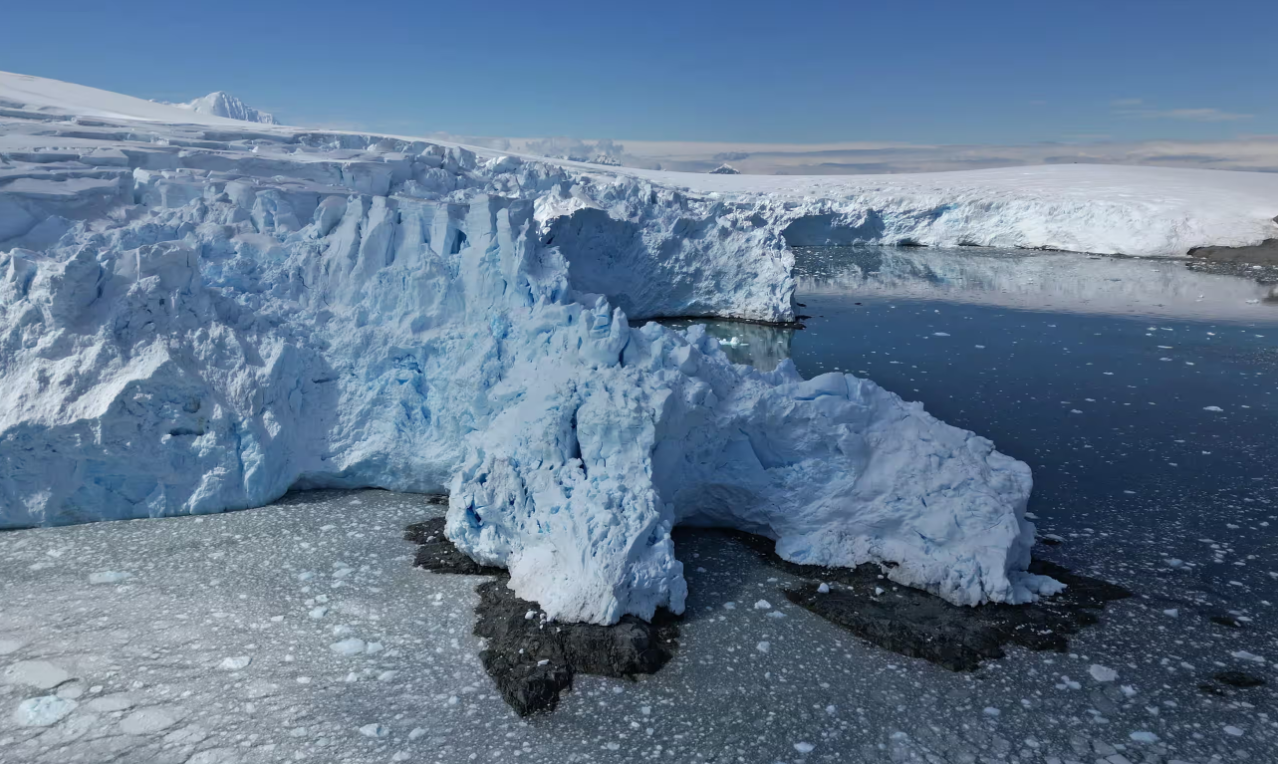
Greenland mega-tsunami shook the Earth for nine days, study reveals
In a groundbreaking study, scientists have uncovered an astonishing phenomenon: a massive landslide in Greenland triggered a mega-tsunami that caused the Earth to vibrate for an unprecedented nine days. This extraordinary event, which began with the collapse of a towering 1.2-kilometer-high mountain peak, resulted in seismic waves that rippled through the planet’s crust, creating vibrations that were detected across the globe. The findings, which involve researchers from University College London (UCL), offer new insights into the complex interactions between climate








